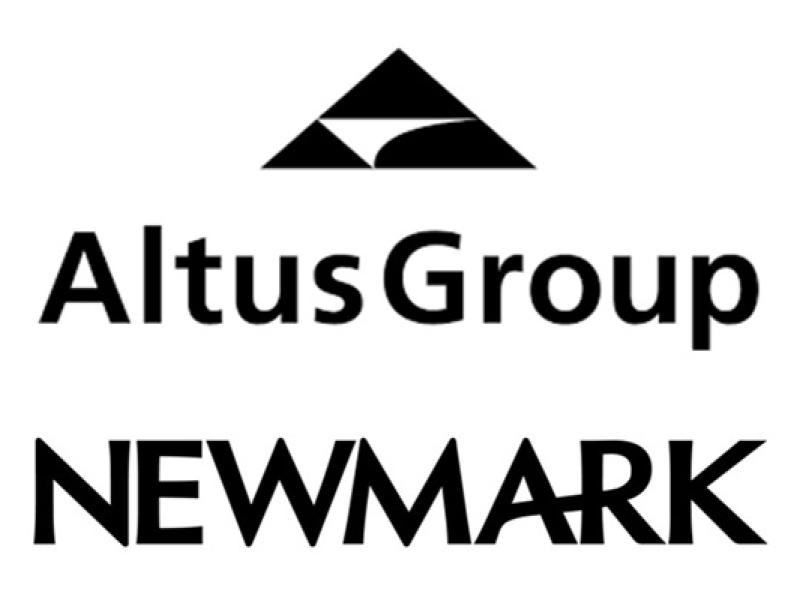
Quebec City-based lmmostar and the Huron-Wendat have united to create what they call a first-of-its-kind real estate partnership in Eastern Canada between a private developer and a First Nation.
The result of the alliance, called Ya’ndiyatha’, will lead to the development of 500 to 600 residential rental units in several buildings in the housing-strapped Huron-Wendat community of Wendake, near Val Belair about 15 kilometres from Quebec City.
François Pelchat, partner and vice-president, development, leasing and marketing at Immostar described the partnership as unique and exceptional, during a session of the recent Quebec City Real Estate Forum at the Quebec City convention centre. “We’re very proud of the results.”
The Huron-Wendat Nation is comprised of 5,000 people but only 2,000 live in Wendake, because of a serious shortage of housing and space, said Maxime Picard, director of economic development of the Huron-Wendat Nation of Wendake.
“Our territory is very small – only 2.5 square kilometres” for residential, commercial and industrial development.
The new real estate development will be based on designated federal land the First Nation has agreed to lease just east of Wendake. Designated lands are governed by the Indian Act.
Business "remains part of our DNA"
Development of the designated land in the Ononta sector is in line with the Nation’s desire to achieve full autonomy over its territory, Picard said. Revenues generated from Ya’ndiyatha’ will be reinvested in the community.
The Huron-Wendat nation was once home to 40,000 people and was the largest First Nation when contact was first made with the Europeans, Picard said. It also controlled trade in Eastern Canada.
“We’ve always been businesspeople, and it remains part of our DNA today.”
The Huron-Wendat needed the expertise of a private real estate partner because “this type of project doesn’t exist on First Nations land.”
After a call for offers and interviews with developers, Immostar was selected because it shares the values of the First Nation, something that is more important than notions like occupancy rates, Picard said.
While new in Eastern Canada, partnerships between First Nations and private developers are more common in Western Canada, Picard said.
As an example, he cited the Osoyoos Indian Band in British Columbia which owns more than 32,000 acres of industrial and commercial land in the South Okanagan and is home to such brands as Arterra Wines Canada and Hyatt. The band has generated about $120 million in revenues over the past five years.
In Vancouver, the Attainable Housing Initiative of the Musqueam, Squamish, and Tsleil-Waututh Nations in partnership with the BC government, will see about 2,600 homes built at the Heather Lands, a 21-acre site located between West 33rd Ave. and West 37th Ave. and Heather St.
Under the initiative announced last month, first-time home buyers will be able to buy a home at an initial 40 per cent below market value.
The Wendake residential development
The first building in the Wendake development will have 236 units and will include elements from the Huron-Wendat culture, such as curved balconies. Construction will begin in November and take two years to complete.
Buildings in the development, which is targeting LEED certification, will be five or six storeys and integrate well with a surrounding forest, Pelchat said. Trees surrounding the buildings will reach heights equivalent to four or five storeys.
“As developers, it’s a pretty incredible environment to build on,” he said of the forested site. “We’ve never had the opportunity to build on a unique, magical site like this.”
The first phase will also include 100,000 square feet of commercial space to meet an “enormous” demand, Picard said.
There is a 1,000-name waiting list for housing in Wendake, many of whom have been waiting for years: “For once we’ll be able to offer them something,” Pelchat said.
Picard expects the housing will attract many seniors and people who currently live off the reserve.
Priority will be given to members of the Huron-Wendake nation, followed by people from other First Nations. An enormous amount of First Nations people who live in the Greater Quebec region, such as Cree, would like to live in a First Nations community, he said.
If available, units will also be rented to Quebecers who are not Indigenous but may have Huron-Wendat spouses, or the 500 people who work in Wendake.
Rents will be affordable, Pelchat said, adding he hopes to tap into government subsidy programs.
Picard says the innovative development will meet the needs of his nation’s next seven generations - in line with its philosophy that it must consider the repercussions for the next several generations in all actions it takes.
About Immostar
Quebec City-based Immostar acquires, develops and manages commercial real estate projects, shopping centres, office space, and industrial and residential projects and has a portfolio of more than 3 million square feet.
Among its recent projects is Le Florent, a 218-unit condo development in Trois-Rivières.










